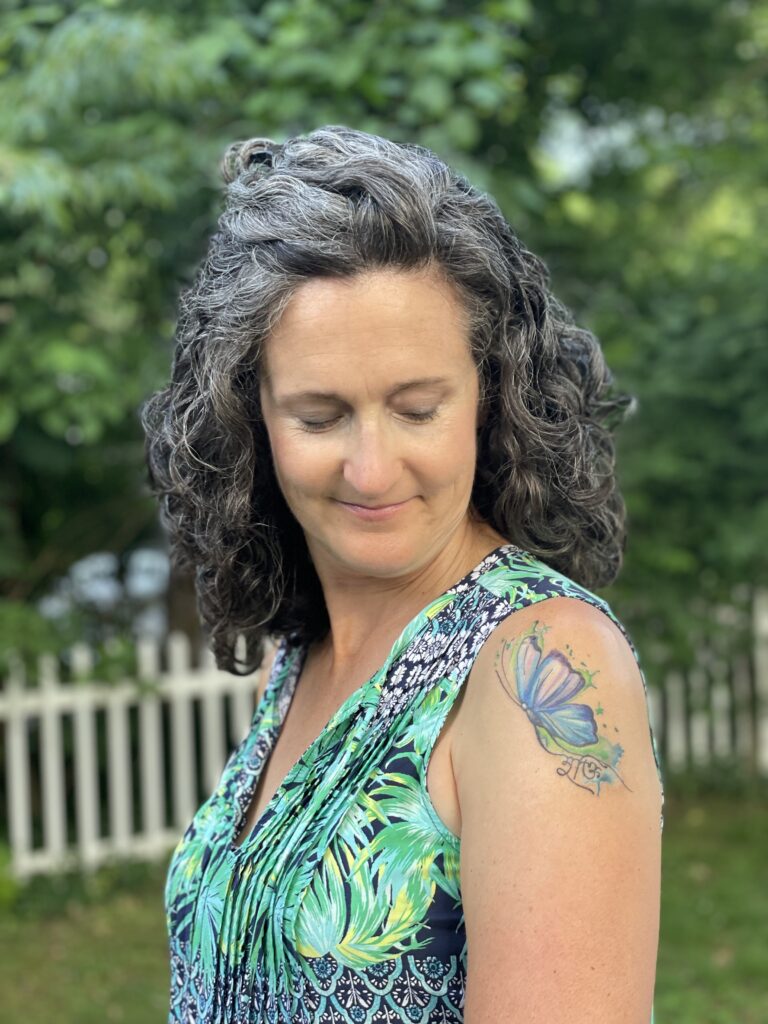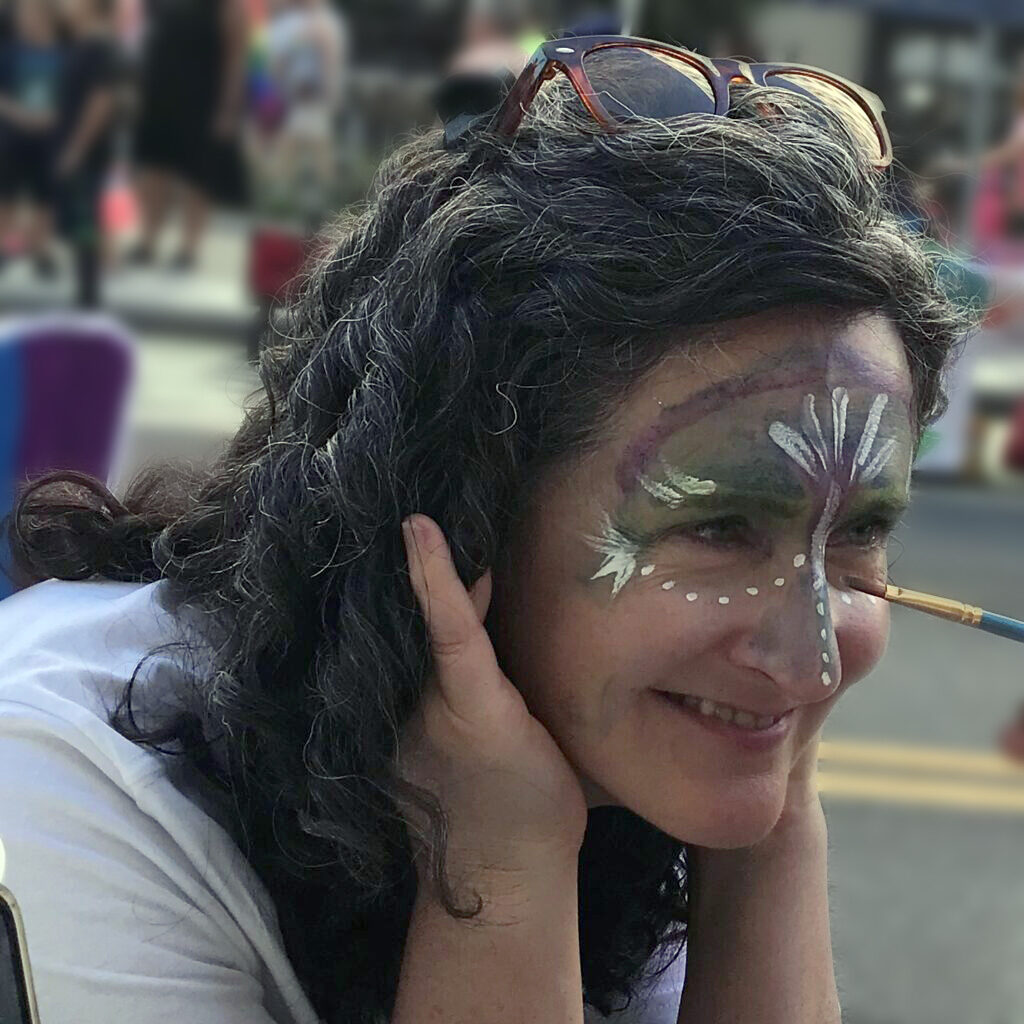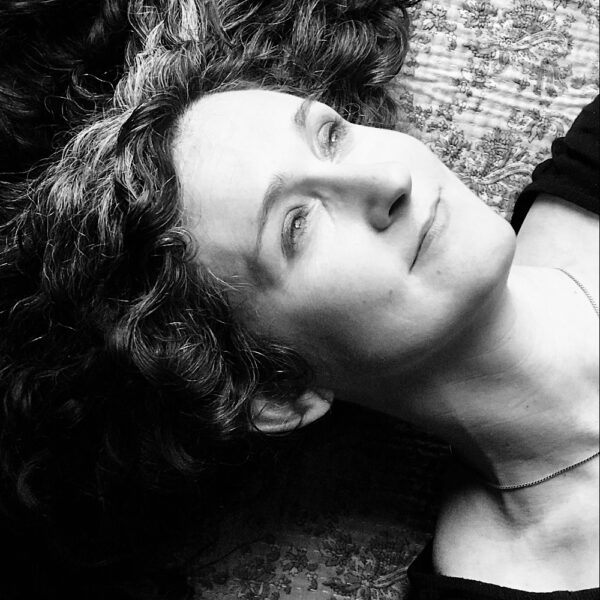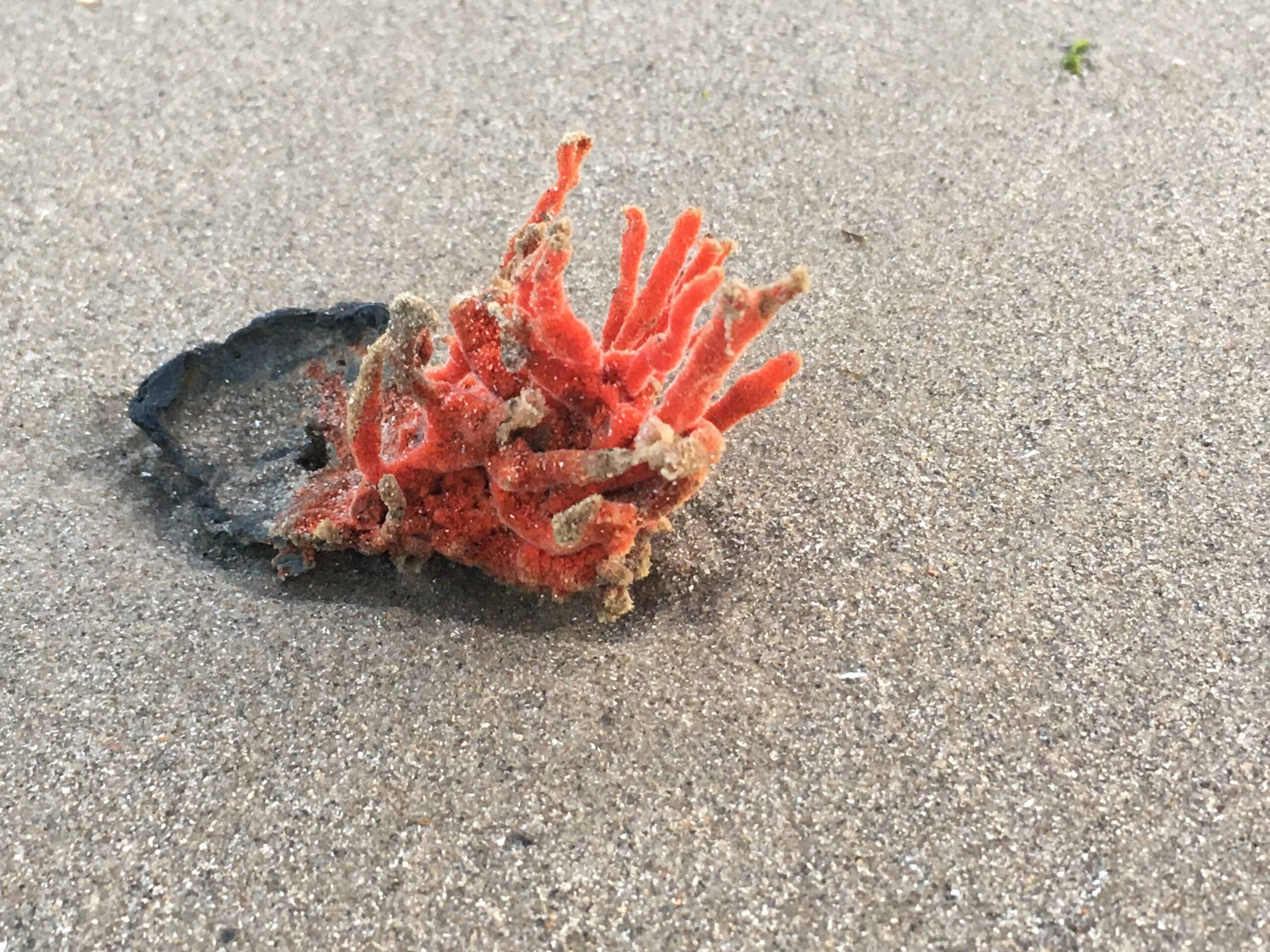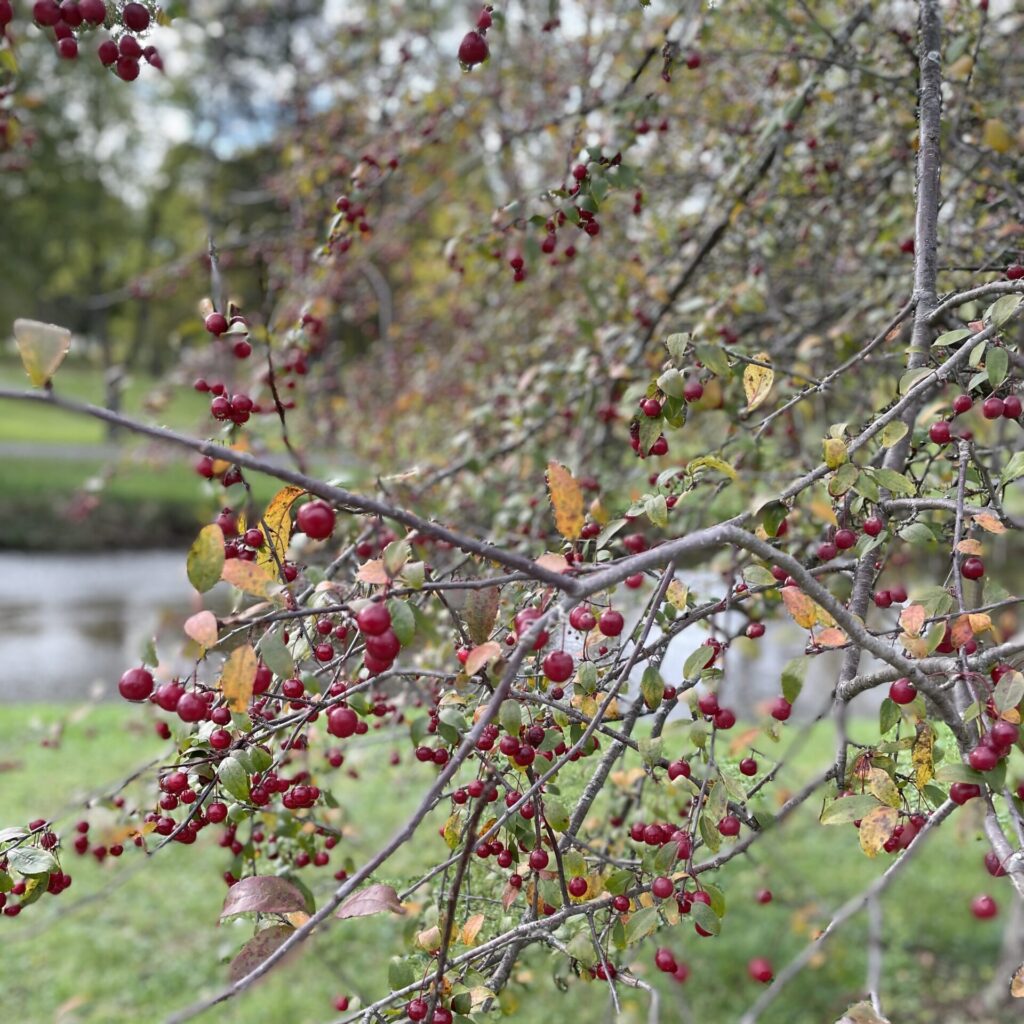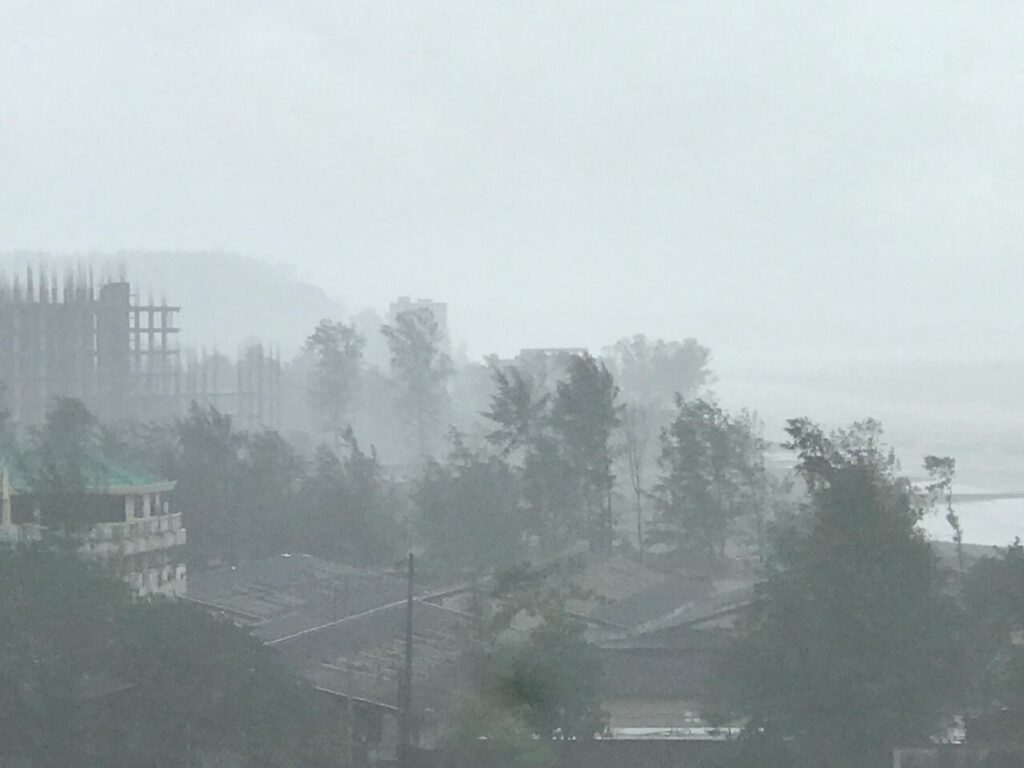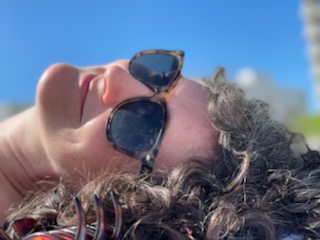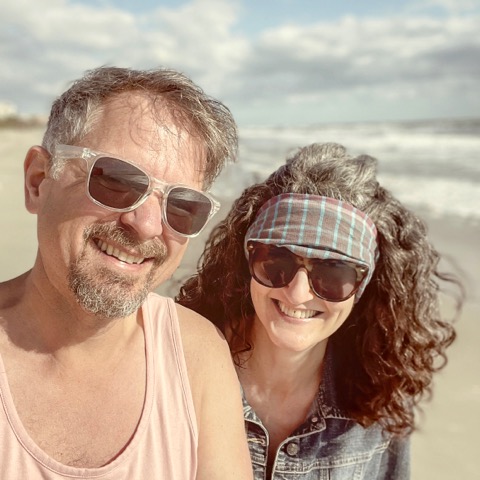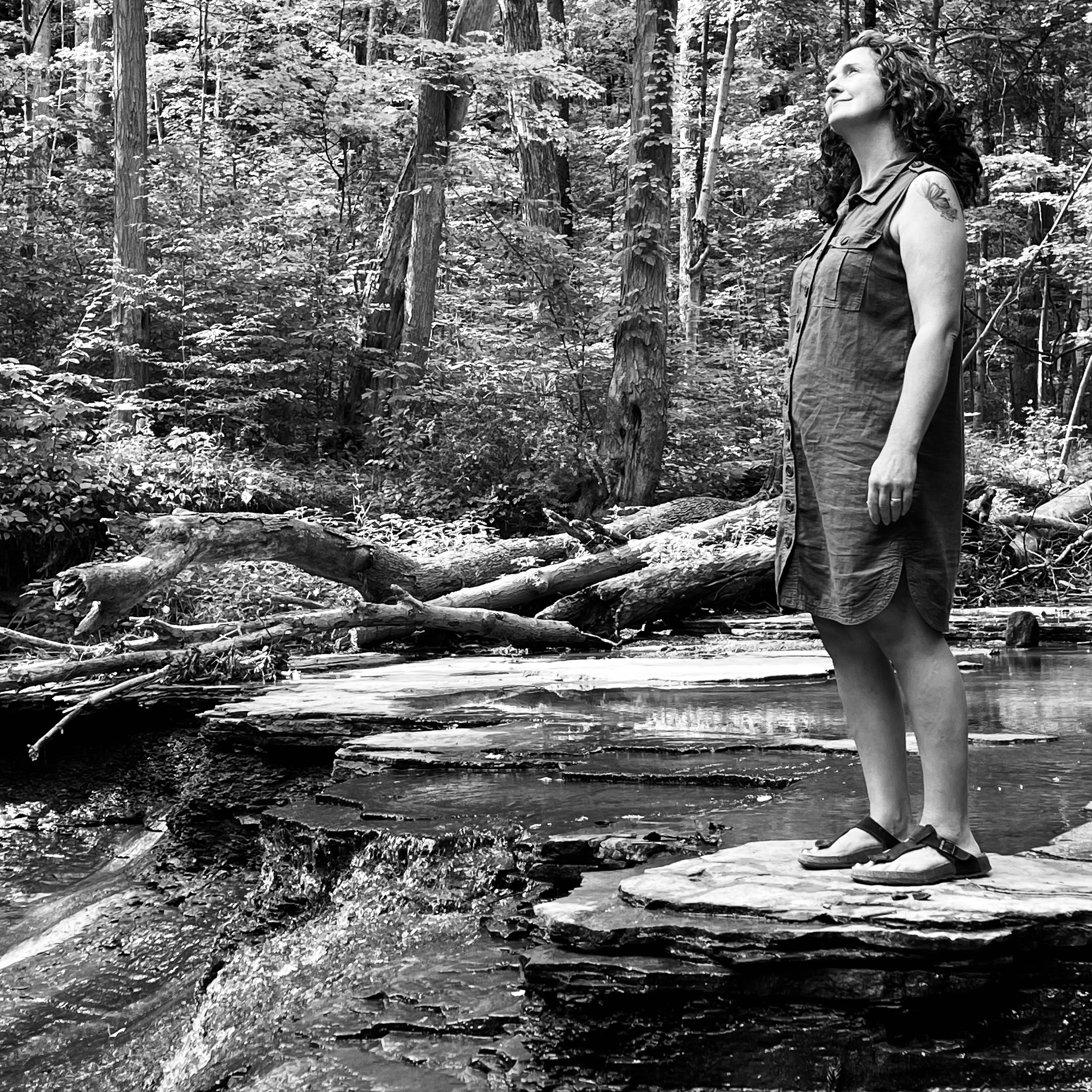
If you’ve been following me for any length of time, you’ll know that dreams are important to me. I find they alert me to the things I need to pay attention to. They bring clarity and understanding. Fresh ways of seeing things that help me to navigate difficult situations during my wakeful hours. Opportunities to bring healing to painful events in the past. They help me to find my voice and bring me the courage to refuse to be erased.
I’m a bit jealous of people who can just go to bed and sleep for hours and hours when they feel depressed or overwhelmed. I am not a great sleeper at the best of times, and when I am feeling depressed or anxious, it’s harder than ever to get deep sleep.
One thing I do have going for me, however, is that I dream a lot. And when I start to pay attention to my dreams, it seems as if I dream more often. There have been a number of compelling dreams that have ended up in my dream journal this year, but the one I’m about to share is one of the most vivid and entertaining of them all. And it is so very telling.
The amusement park
In my dream, I returned to a faith community whose leader was responsible for some of my religious trauma. When I arrived, a friend welcomed me, yet, when we tried to find a place to sit, there was no space for me. Even though my friend easily found a place for herself. The daughter of the leader refused to look at me, rendering me invisible. Various creatures filled my dream, both human and animal. But what struck me was the feeling of shame I bore, even though I had done nothing wrong. I found it difficult to look the humans in the eye. Yet, later in the day, I saw some of them either stoned or drunk on the floor. I marveled to myself that hours earlier, they had been the ones who were deemed “holy” and acceptable.
There was a growing sense of danger. Buildings broke apart and were swept away by an unseen force, yet I didn’t leave until I was attacked and bitten by an animal. When I dialed 911, they thought I was at an amusement park. I made it clear that, no, I am at “the church” and I need to be picked up. Now! When he arrived, the first responder thought I was a reporter and wanted to drop me in the special section outside the hospital set up to treat reporters. Clearly, the catastrophe was a big one and was gathering attention.
the reporter
Let’s face it. The church has become something akin to an amusement park where the cost of entry is high and just might be costing more than we think.
Perhaps I am a reporter. One who was almost erased. One who was used and then cast aside.
There is not enough space here to list all the ways this leader and those who worshiped him both wounded and silenced me. Discouraging me from seeking mental health help when I was on the verge of breaking down. Suggesting we may have sinned when my husband and I lost a baby. Denied days of rest that were desperately needed. Shutting down our voices when we suggested that certain policies would be harmful to people we cared deeply about.
During a large gathering of an organization he presided over, this leader brought to the stage a young man who he celebrated as the first volunteer of this particular organization. My husband and I looked at each other in shock, since we had just completed years of volunteering for this very organization. I felt both humiliated and erased in one fell swoop.
the body’s wisdom
When I reflect back on those years, what strikes me most is that I was not allowed to listen to the wisdom of my body. Instead, the body was seen as evil. Not to be trusted. Even basic human needs for rest were controlled and limited. I became so exhausted and burned out that I developed compassion fatigue. But I was expected to keep going.
The ironic thing is, I can remember the leader quoting the verse about the heart being desperately wicked and who can know it. Using it to prove that we can’t trust ourselves. Our gut. Yet we were supposed to trust the things he said. And people did. They responded to his words like eager puppies, desperate for drops of affection from their master.
Refuse to be erased
This has been a difficult post for me to write and I realize this dream has stirred up things that I probably did not have the energy to fully process until now. I found myself starting and stopping more often than usual. It’s one of the hottest days of the year so far, yet I have been drawn outdoors again and again. To plant my bare feet in the grass, walk the backbone of Mother Earth and take in sweet breaths of her warm air. Bare toes curling over blades of grass as I remember the pain and disappointment I felt. First of being so controlled. And then erased. My body is showing me the way to process this old grief.
And the beautiful thing about the human body is that it knows when it is being mistreated or erased, sometimes before our minds comprehend it. There is great danger in any religion or organization that teaches this knowledge as a dangerous thing, rather than the ancient wisdom that it is.
but i refuse to be erased
In my dream, my body took much abuse and betrayal before I was ready to get myself out of the situation. And while this parallels my real life in so many ways, and I wish I had “dialed 911” sooner, I am grateful to be where I am. The tent of wounded reporters is far safer and more restful than the amusement park that the church has become.
I know there are many others like me, who have been controlled and then erased by the church. If this strikes a cord, know that you are not alone. Like the butterfly from an earlier dream, who pulled herself out of the mud and flew across the ocean with giant holes in her wings, the muck cannot hold you down. Keep beating your wings. We will not be erased. We will display the holes that have ravished our wings – and we will fly anyway.
Want to hear more? Contact me here to be added to my mailing list. You can also find me on Instagram @maritajmiller and Facebook Beyond The Cocoon.
